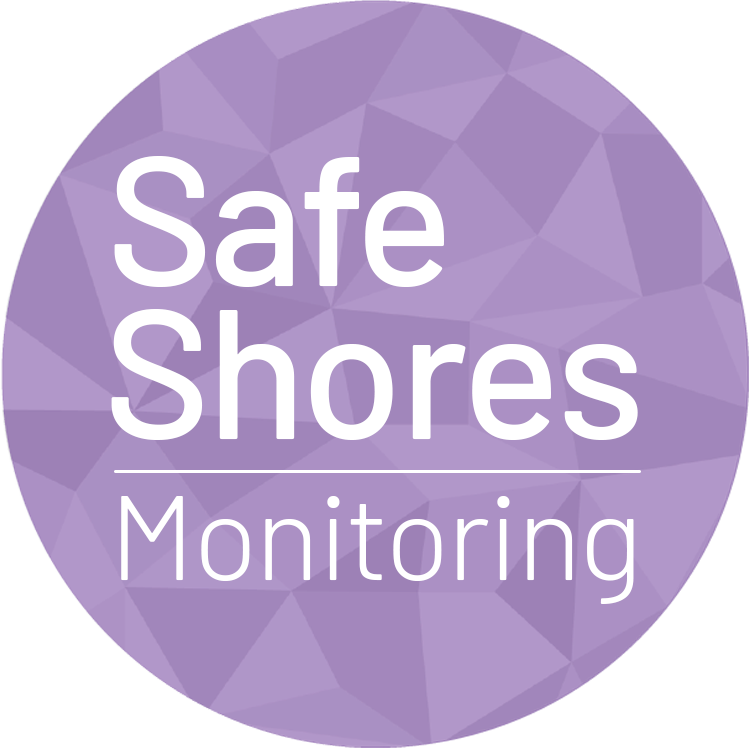You have a legal obligation to safeguard others from harm while they are in your care, using your service, or exposed to your activities.
Employers owe a duty of care to their employees. Mobile workers are entitled to the same level of care as their office-based colleagues, this includes while travelling and working remotely.
According to The British Crime Survey (2016), as many as 150 lone workers throughout England and Wales are attacked every day. Although there is little management can do to prevent the intent of others, the law requires that they must ensure adequate action has been taken to guarantee the safety of their workers. These actions must include, adequate risk assessments and the implementation of a robust risk management solution. Failing to do so may result in severe financial penalties and commercial risk.
